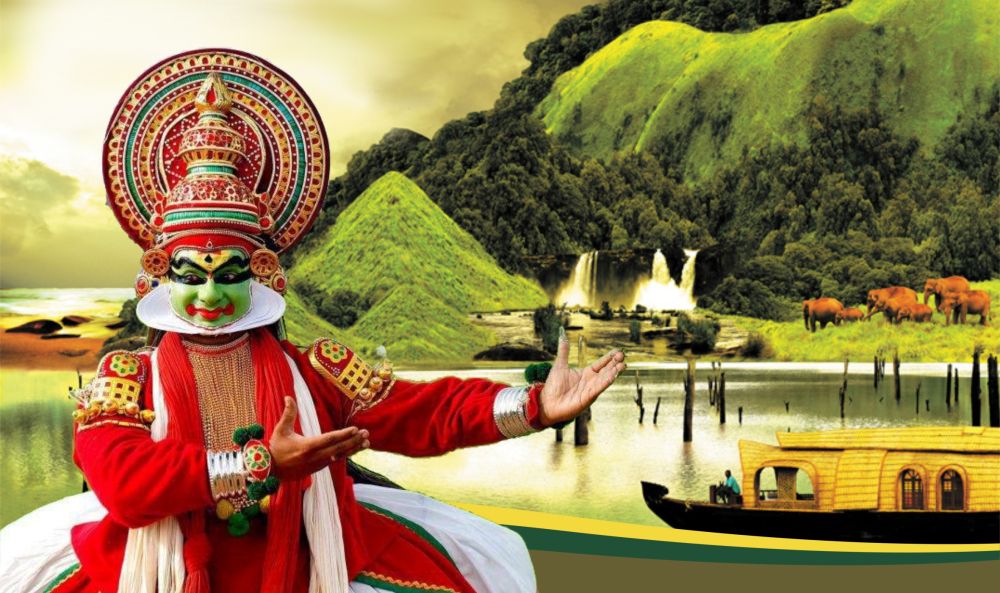

Kerala, known as 'God's Own Country', is a state on the southwestern Malabar Coast of India. Its enchanting backwaters, lush hill stations, diverse wildlife, vibrant culture, and rejuvenating Ayurvedic treatments have made it a popular tourist destination.
Tourism in Kerala can trace its roots back to the ancient times when it was a key destination for spice traders. The port of Muziris was a hub for commerce and interaction with foreigners, leading to early forms of cultural exchange. However, the tourism in the form we know today began to take shape only in the colonial period.
During British rule in India, Kerala was a haven for colonial officers who sought respite in its cool hill stations like Munnar and Wayanad. Post-independence, Kerala mostly remained a hidden gem, with only the more adventurous travelers exploring its natural and cultural bounty.
The state government formally recognized tourism as an industry in the 1980s, and the first tourism policy was formulated in 1986. This led to the creation of Kerala Tourism Development Corporation (KTDC) which played a pivotal role in the development and marketing of tourism in the state. The campaign to brand Kerala as 'God's Own Country' was launched in the 1990s and proved to be a watershed moment in Kerala's tourism history.
By the early 2000s, Kerala had emerged as one of the most popular tourist destinations in India. It invited both domestic and international travelers with its unique offerings like houseboat cruises in the backwaters of Alappuzha, wildlife safaris in Thekkady, beach holidays in Kovalam, cultural spectacles such as Kathakali, and spiritual wellness through Ayurveda.
Kerala also took the lead in promoting eco-tourism, inviting travelers to live close to nature while ensuring minimal impact on the environment. Destinations like Thenmala and various community-driven initiatives set benchmarks for sustainable tourism practices.
In recent years, there has been a focus on niche tourism areas including adventure tourism, monsoon tourism, and medical tourism - the latter drawing visitors for Kerala’s renowned Ayurvedic treatments. The state's tourism sector has shown resilience by bouncing back from challenges such as the Nipah virus outbreak and the 2018 floods by implementing robust recovery strategies.
The COVID-19 pandemic had a significant impact on tourism worldwide, and Kerala was no exception. But with the easing of restrictions and the introduction of safety measures, Kerala is aiming to return to its pre-pandemic glory. The state has been promoting 'Bio-Bubble' tourism to cater to the safety-conscious traveler and various virtual tourism experiences have also been introduced to keep potential tourists engaged.
Kerala continues to adapt to the evolving tourism landscape with a focus on personalized experiences, digital integration, and sustainable practices. The state is poised to remain a dynamic and cherished destination for years to come, continually enhancing its offerings to match the desires of travelers from around the globe.
With its rich history and constant innovation, Kerala’s tourism sector is a testament to the region's enduring appeal and commitment to hospitality.